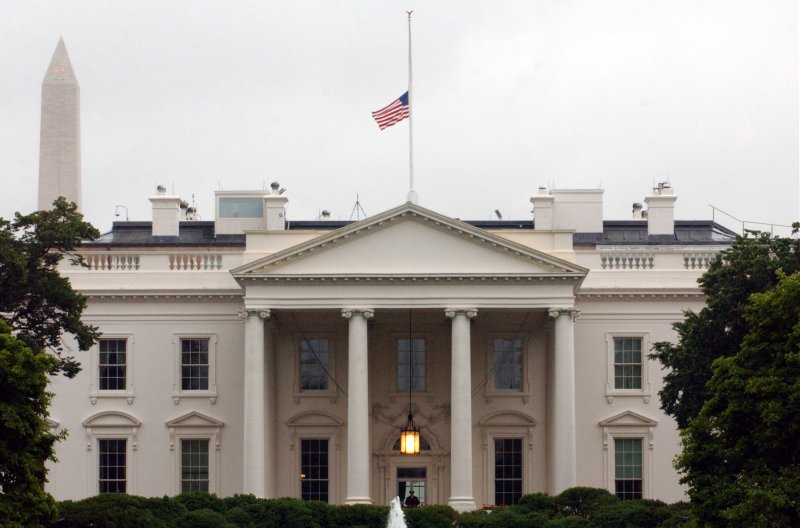Those born on this date are under the sign of Gemini. They include British furniture maker Thomas Chippendale in 1718; Scottish economist Adam Smith in 1723; Lincoln County, N.M., Sheriff Pat Garrett, who shot Billy the Kid, in 1850; Mexican revolutionary Pancho Villa in 1878; English economist John Maynard Keynes in 1883; actor William Boyd (Hopalong Cassidy) in 1895; Italian shoemaker Salvatore Ferragamo in 1898; author/illustrator Richard Scarry in 1919; actor Robert Lansing in 1928; journalist/commentator Bill Moyers in 1934 (age 80); British novelist Margaret Drabble in 1939 (age 75); Olympic athlete John Carlos in 1945 (age 69); Welsh author Ken Follett in 1949 (age 65); financial adviser Suze Orman in 1951 (age 63); entertainer Kenny G in 1956 (age 58); rapper-turned-actor Mark Wahlberg in 1971 (age 43); and actor Chad Allen in 1974 (age 40).
On this date in history:
In 1783, the first public demonstration of a hot-air balloon occurred at Annonay, France.
In 1933, U.S. President Franklin Roosevelt signed a bill abolishing the gold standard.
In 1967, the Six Day War began between Israel and the Arab states of Egypt, Syria and Jordan.
In 1968, as he campaigned for the Democratic presidential nomination in Los Angeles, U.S. Sen. Robert Kennedy was shot by Sirhan Sirhan, a Palestinian immigrant. (Kennedy, 42, died the next day.)
In 1976, the Teton River Dam in Idaho collapsed as it was being filled for the first time, killing 14 people, flooding 300 square miles and causing an estimated $1 billion damage.
In 1991, in a step away from apartheid, South African legislators repealed the Land Acts of 1913 and 1936, which reserved 87 percent of land for whites.
In 2000, Ukrainian officials announced that the Chernobyl nuclear power plant, site of the worst radiation accident in history, would be closed.
In 2003, officials said U.S. troops would withdraw from the Demilitarized Zone between North and South Korea, bringing an end to 50 years of guard duty.
In 2004, Ronald Reagan, the 40th U.S. president, died at his Los Angeles home at the age of 93 of complications from Alzheimer's disease.
In 2008, the alleged mastermind of the Sept. 11, 2001, terror attacks on the United States told a military court in Guantanamo Bay, Cuba, he wanted to plead guilty to the charges to become a martyr. Khalid Sheik Mohammed said he expected to face the death penalty.
In 2010, after several unsuccessful attempts, BP placed a cap on a ruptured Gulf of Mexico oil well and began funneling crude into a drill ship. The well, off the Louisiana coast, had been spewing an estimated 798,000 gallons of crude a day into the gulf for more than a month since the Deepwater Horizon oil rig exploded, killing 11 workers.
In 2012, Wisconsin Gov. Scott Walker, a Republican, became the first governor in U.S. history to survive a recall election.
In 2013, Susan Rice was named U.S. national security adviser.
A thought for the day: "I am a big believer that eventually everything comes back to you. You get back what you give out." -- Nancy Reagan
Read More
- Topics
- Guantanamo Bay















